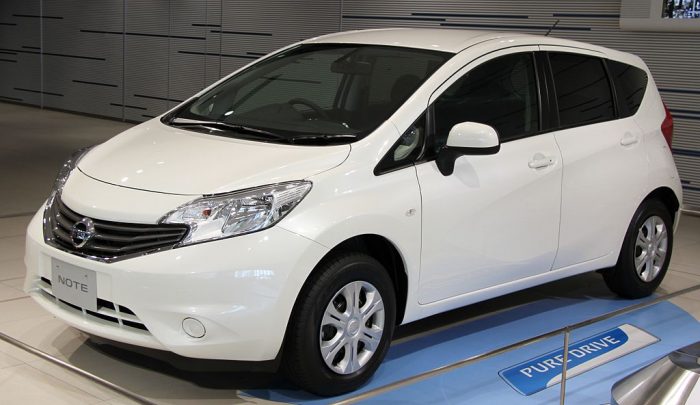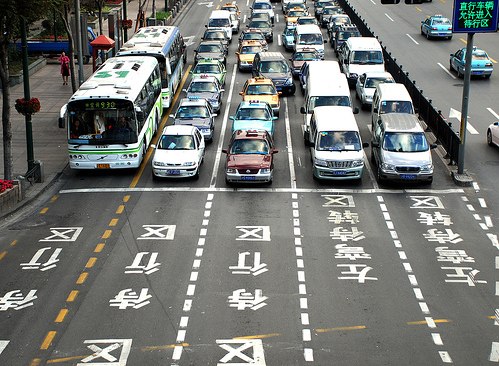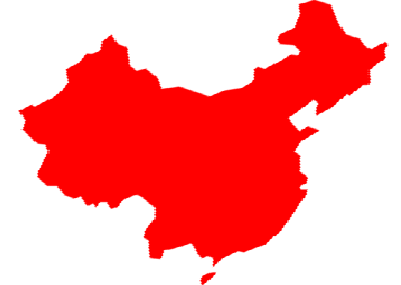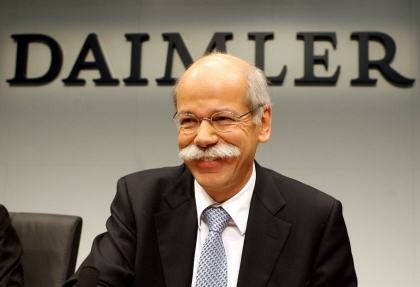Now Reading: Nissan to introduce range of new vehicles in China over next five years
-
01
Nissan to introduce range of new vehicles in China over next five years
Nissan to introduce range of new vehicles in China over next five years
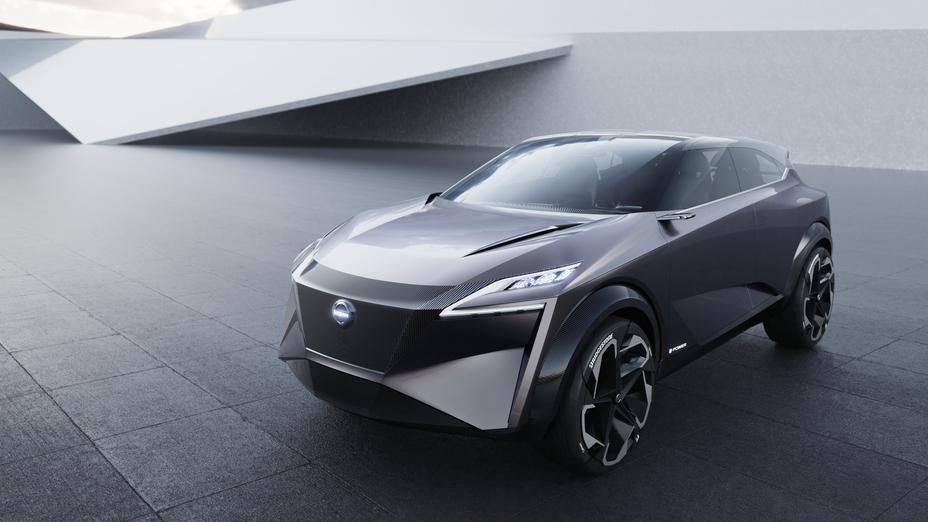
Nissan Motor’s CEO said on Saturday he prepared to launch a number of new vehicles in the Chinese market over the next five years, including electrical vehicles, that could help the Japanese automaker return to profit.
“The recovery in the Chinese market has been very remarkable, and our key segments have returned to the previous year’s level if not slightly better,” said CEO Makoto Uchida during a press conference at the Beijing auto show via a video link from Japan. “I expect this rebound to continue, but we need to watch for signs of trouble.”
Uchida and the company’s China boss, Shohei Yamazaki, said Nissan will release nine new and renovated electric models in the world’s biggest auto market by 2025, including plug-in electric vehicles and hybrid electric vehicles that charge with a gasoline engine.
Uchida’s remarks come as investors express issues regarding Nissan, which has warned of a record $4.5 billion loss this year as the coronavirus pandemic hampers its turnaround.
Growth in China is a key part of Nissan’s attempts to recover from the rapid expansion that left it with dismal margins and an aging portfolio that the automaker claims are a result of mismanagement by former boss Carlos Ghosn, who was arrested for financial misdeeds which he denies.
Nissan has pledged to slash 300 billion yen ($2.84 billion) from annual fixed costs and concentrate on each of the company’s three biggest markets: China, the United States, and Japan.
Yet, while China’s automotive market continues to show strong recovery, Nissan last month saw its business decline 2.4% after showing modest growth every month since April.
That sales contraction was in stark contrast to Japanese competitors Toyota and Honda, which have both seen rapid sales boost since this year in China.
In August, Toyota vehicles sales in China increased 27.2% from last year, while Honda’s increased 19.7%.
To bolster its finances, Nissan this month said it prepares to issue $8 billion in dollar-denominated bonds and is thinking about euro-denominated debt. The bond sale is its first dollar-denominated issuance since its tie-up with France’s Renault SA in 1999, a Nissan spokesperson said.
A Nissan spokeswoman said some of those funds would be used to repay other debt.
“Although Nissan continues to have enough levels of liquidity, we are seeking to strengthen our liquidity position in order to ensure smooth implementation of our business transformation plan,” she said.
Stay Informed With the Latest & Most Important News
Previous Post
Next Post
-
 01Polestar Boss Says It’s Time To Outrun BMW M And Mercedes-AMG
01Polestar Boss Says It’s Time To Outrun BMW M And Mercedes-AMG -
 02Spy Shots: 2027 Mitsubishi Pajero Spotted in Testing Ahead of Possible U.S. Return
02Spy Shots: 2027 Mitsubishi Pajero Spotted in Testing Ahead of Possible U.S. Return -
 032026 Toyota Hilux EV: A Powerful Truck with Silent Torque
032026 Toyota Hilux EV: A Powerful Truck with Silent Torque -
![2027 Mercedes-Benz S-Class Debuts with V8 Engine [Photo Gallery]](https://speedlux.com/wp-content/uploads/2026/01/2027-Mercedes-Benz-S-Class-33-155x125.jpg) 042027 Mercedes-Benz S-Class Debuts with V8 Engine [Photo Gallery]
042027 Mercedes-Benz S-Class Debuts with V8 Engine [Photo Gallery] -
 052026 Corvette ZR1 Production Surges Past Expectations as Output Clears 1,000 Units
052026 Corvette ZR1 Production Surges Past Expectations as Output Clears 1,000 Units -
 06Spy Photos: VW ID. Polo GTI Goes Electric with 223 HP and 280 Miles of Range
06Spy Photos: VW ID. Polo GTI Goes Electric with 223 HP and 280 Miles of Range -
 07The Controversial Ford Voodoo V8 That Was Killed Off Too Early
07The Controversial Ford Voodoo V8 That Was Killed Off Too Early



![2027 Mercedes-Benz S-Class Debuts with V8 Engine [Photo Gallery]](https://speedlux.com/wp-content/uploads/2026/01/2027-Mercedes-Benz-S-Class-33-700x394.jpg)




































